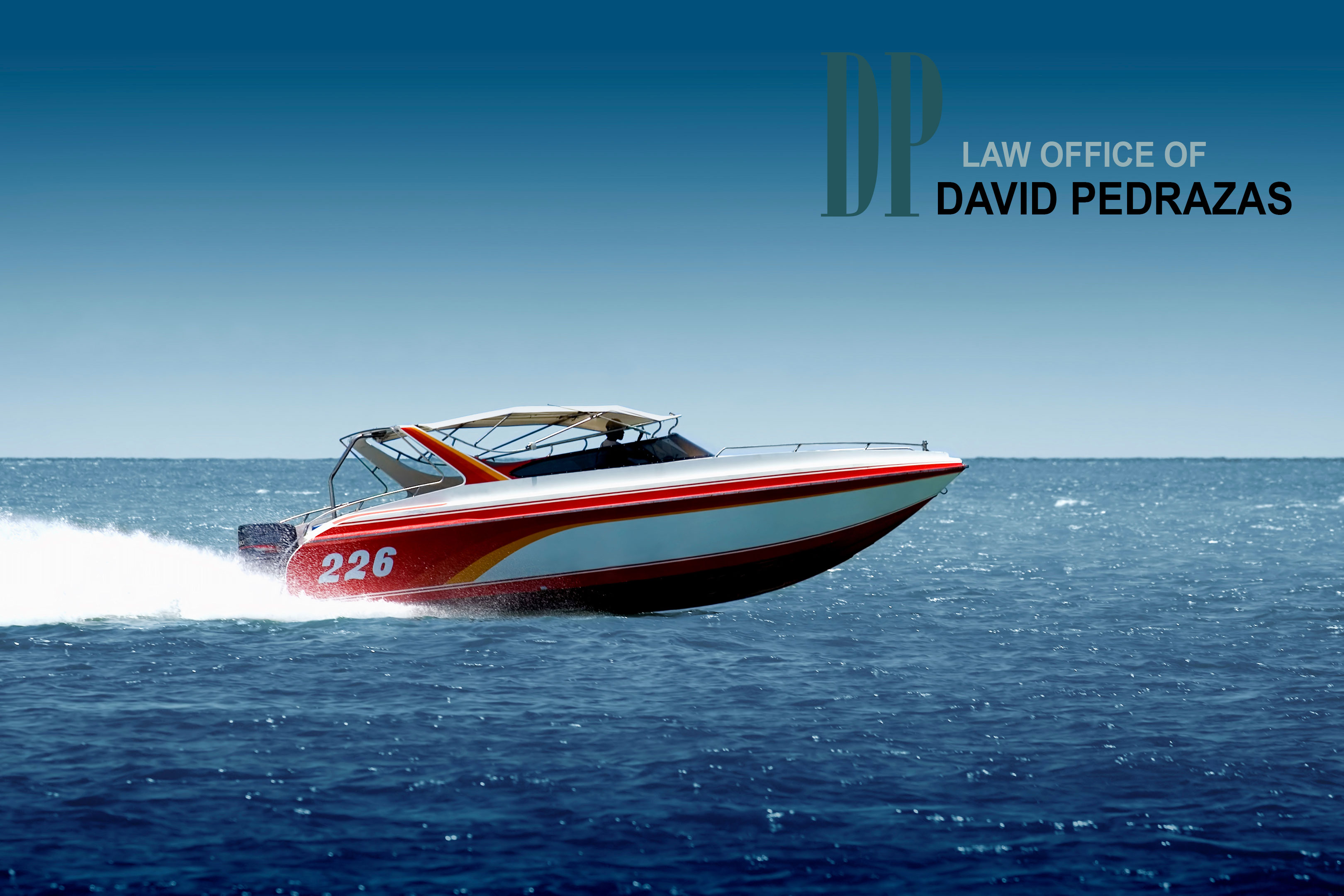Whether it’s for travel, commerce, or recreation, millions of people utilize our lakes, rivers, and oceans every day. Unlike our roadways, our waterways have no stoplights, clearly defined lanes, or crosswalks for swimmers. That’s why they can be even more dangerous than freeways, and why laws have been passed to prevent people from boating while under the influence of alcohol or drugs. The consequences of violating those laws can be severe, and without the assistance of an experienced attorney who specializes in that area of law, some of them can last a lifetime.
Boating Under the Influence — How Much is Too Much?
Driving under the influence of alcohol is even more dangerous on water than it is on land for a number of reasons. Most people drive their automobiles every day, gaining thousands of hours of driving practice. The average boater only gets 110 hours of driving practice per year. Unlike freeways, waterways are in constant motion. Waves and currents affect the stability of the vehicle, and operators are not shielded from elements of nature, such as wind, sun, and spray. All of those factors contribute to accelerating fatigue and potential impairment of judgment and reaction time. Adding alcohol accelerates it further.
Boating under the influence is a federal offense, and the federal legal limit of alcohol for people operating any kind of motor vehicle is .08%. However, even boats without a motor, such as canoes, are subject to the law. Most states follow the federal guideline, while in a few, the limit is a bit higher at .1 percent. In addition to alcohol, Coast Guard and Department of Transportation regulations also make it illegal to drive under the influence of amphetamines, cocaine, opiates, or PCP.
Boating DUI Laws: Potential Personal and Legal Consequences
According to U.S. Coast Guard statistics, in 2015 there were 4,158 reported boating accidents, 2,613 injuries, and tragically, 626 deaths. Alcohol was found to be the leading contributing factor in fatal boating accidents, and directly responsible for 17% of those deaths. Perhaps the most severe potential personal consequence of BUI is the emotional devastation of knowing that a loved one, whether your own or someone else’s, suffered an injury or death that was completely avoidable. The financial hardship caused by fines and the loss of work for court appearances pales in comparison.
Other legal consequences can be equally severe and long-lasting. If the Coast Guard or local authorities determine that someone is boating under the influence, they can terminate the voyage, detain the operator, arrest them, and turn them over to local state authorities. Anyone charged with BUI is subject to the following potential legal consequences:
- $1,000 federal fine.
- Criminal penalties up to $5,000
- Suspended license
- Boat seizure and sale at auction
- Violation on permanent driving record
- Insurance cancellation or higher rates
- Jail time
- Felony conviction and permanent criminal record
- Loss of voting rights
Navigate Rough Waters with David Pedrazas
The Law Office of David Pedrazas has over 20 years of experience in educating people about their legal rights and helping them successfully navigate their legal options. His defense strategies, based on a thorough understanding of the law, can result in a reduction of the charges or even a dismissal. If you or someone you know has been charged with BUI, call 801-263-7078 today to arrange a Legal Case Review. You can also contact us online, or come by the office in person at 3325 South 1100 East Salt Lake City, Utah 84106.


Comments